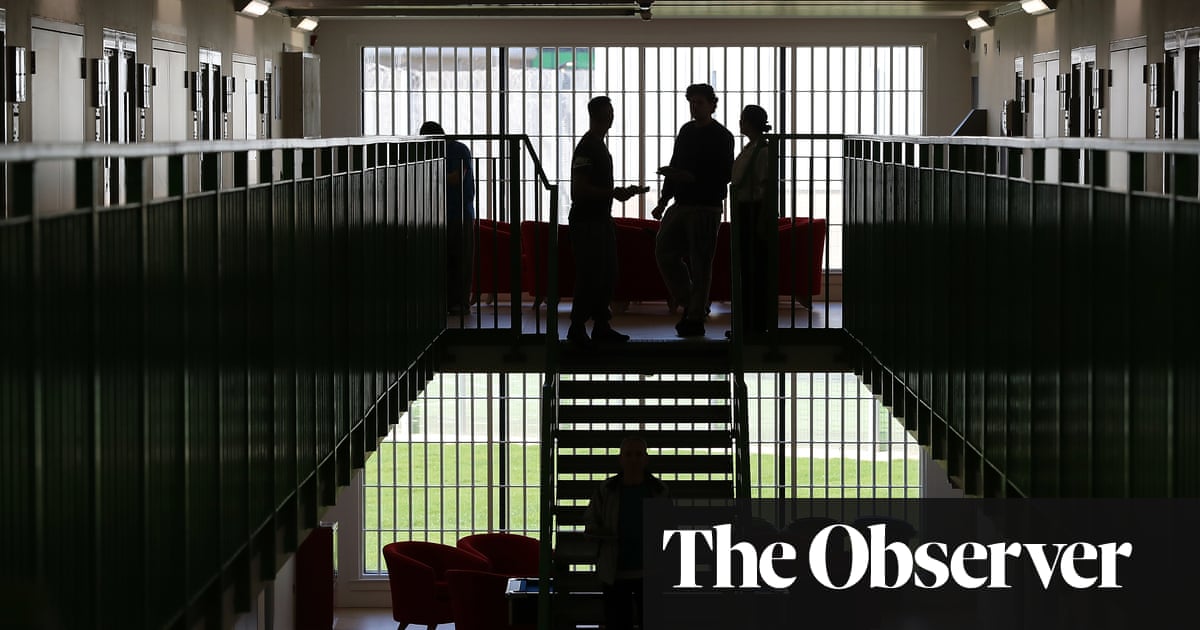
The number of prisoners who have tested positive for coronavirus in England and Wales since the start of the pandemic more than doubled in the space of a month in October, figures reveal.
At the end of October, 1,529 prisoners had tested positive for Covid-19 since March, an increase of 883 on the September figure, Ministry of Justice (MoJ) figures show. The MoJ has been testing all symptomatic prisoners since April.
In addition, five prisoners died having tested positive for Covid-19 in October – the first prisoner deaths since June, bringing the total number of prison deaths to 32, an 18% rise on September. There are about 79,000 prisoners in England and Wales.
A mass testing programme of all prisoners in 28 prisons – covering about a fifth of the population – to help understand the spread of the disease in jails has been running since July and any inmates who test positive are included in the data.
However, the headline figure rose by just 80 in September and 20 in August so the mass testing programme can only explain in part the leap in cases.
In addition, the MoJ said it was now routinely testing all offenders who arrive from the courts and those who transfer across the prison estate, as well as frontline staff.
Prisons were placed under a highly restrictive regime during spring, which was slowly but not completely unwound across the summer and autumn.
Social visits had been reintroduced to all jails in England and Wales and were not suspended again until November as the second national lockdown was imposed.
Ten jails had positive test results for the first time during October, with a total of 45 prisons reporting cases. There are 121 prisons in England and Wales.
The rise in cases will present a challenge for ministers and prison officials, who have faced warnings about the devastating longer-term impact of subjecting prisoners to a highly restrictive regime but must balance protecting staff and inmates from the virus.
The emergency protocol reduced the time spent out of cell for inmates to about 30 minutes a day, suspended prison transfers and forced new arrivals to be quarantined for 14 days.
David Lammy, the shadow justice secretary, said: “These figures are very alarming. Rapidly rising coronavirus infections in prisons reflect the government’s wider failure to get control of the virus.
“The lives of staff and inmates are at risk if these outbreaks are not controlled, and there is also a risk of transmission to the wider community.”
The numbers were published as it was revealed that Peter Sutcliffe, the serial killer known as the Yorkshire Ripper, had died in hospital after being sent there with Covid-19. He was in ill-health, was obese and had diabetes, but reportedly refused treatment.
An MoJ spokesperson said: “Recognising the unique environment in prisons we are now routinely testing frontline staff and offenders to bolster our defences against the virus – meaning we can identify and isolate cases earlier and move quickly to contain outbreaks and protect local NHS.
“This, alongside the measures we have put in place since March, will ensure we continue to limit the spread of the virus and save lives.”












